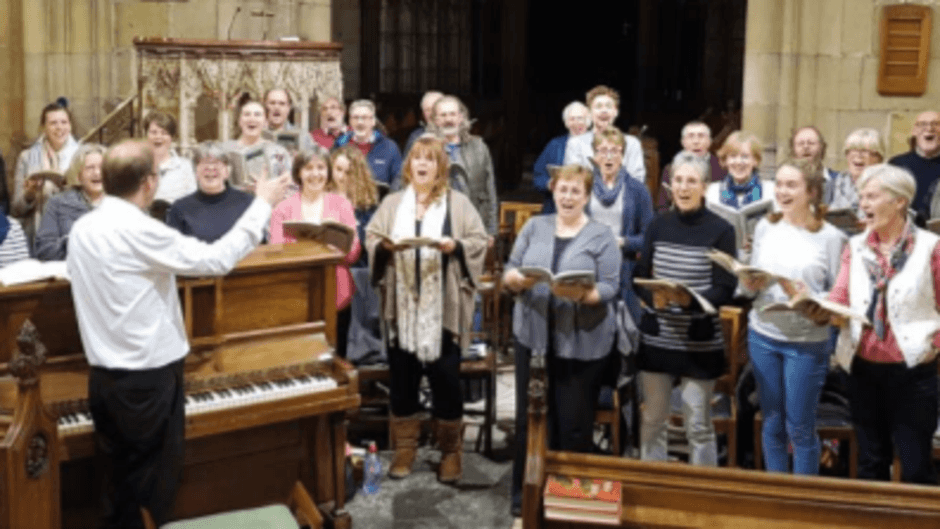On October 31st, 1517, Martin Luther, a Catholic priest and a scholar, posted 95 notes on the door of the Church at the Castle in Wittenberg, Germany. The messages on the notes were the beginning of the Reformation of the Church, although Luther never intended to break away from the Catholic Church to which he belonged.
Luther’s faith was down to St Anne, who, he believed, had saved him from a thunderstorm in 1505. At that time, he was studying law, but turned to theology and threw himself into Catholicism after his experience. Unfortunately, the medieval Church and Papacy were corrupt and had convinced the people that if they bought (with hard cash) an ‘indulgence’ they would have their sins forgiven and would go to heaven. Luther knew this was wrong! It was just a moneymaking scam to help finance the refurbishment of St Paul’s Basilica in Rome! It clearly states in the Bible that only God can ‘justify’ whether someone is fit for heaven and forgive sin, not the Pope!
The 95 messages or theses were Luther’s ideas of how to reform the Church. They were translated from the Latin in which they were written into German and distributed widely. It wasn’t surprising that the Pope, Leo X, formally excommunicated Luther in 1521 and the Roman Emperor, Charles V of Germany, decreed Luther a heretic by issuing the famous ‘Edict of Worms’, which also stated that anyone who killed Luther would not be charged with murder. Fortunately, Prince Frederick III, Elector of Saxony agreed with Luther and protected him whilst Luther worked on a German translation of the Bible. By 1529, more state princes agreed with Frederick and ‘protested’ against the Emperor’s decree that the Edict of Worms must be enforced - they said their allegiance to God was more important than their allegiance to the Emperor. They became known as Protestants, adopting Luther’s beliefs and beginning the Reformation which revolutionised Western civilisation.
Sacred music prior to the Reformation was sung in Latin only by the Clergy; the Reformation introduced the concept of giving music back to the worshippers by producing hymns sung by the congregation in unison in their own language (i.e. German, not Latin) with slightly more complicated works for choirs made up of lay-people. Luther himself wrote music as he believed God introduces His Word through music.
Heinrich Schütz was considered the most important composer before JS Bach. Schütz worked for the Elector of Saxony, hence his theology was influenced by Luther. JS Bach’s work is known to have been hugely influenced by Luther as he was given a copy of Luther’s Bible when he was 48 years old which he received as if it was ‘a long-lost treasure’. However, the form of his music was influenced by Dieterich Buxtehude, who wrote during the 17th Century and who Bach travelled to hear play.
The concert by Beverley Chamber Choir and Orchestra at St Mary’s Church on Saturday November 18th at 7.30pm promises to be a wonderful reminder of the impact Martin Luther made on all of our lives by featuring music written by Bach, Schutz and Buxtehude. Tickets (£17.50/free for under 16s) are available from Beverley Tourist Information or can be reserved online (booking fee applies) - www.beverleychamberchoir.org


